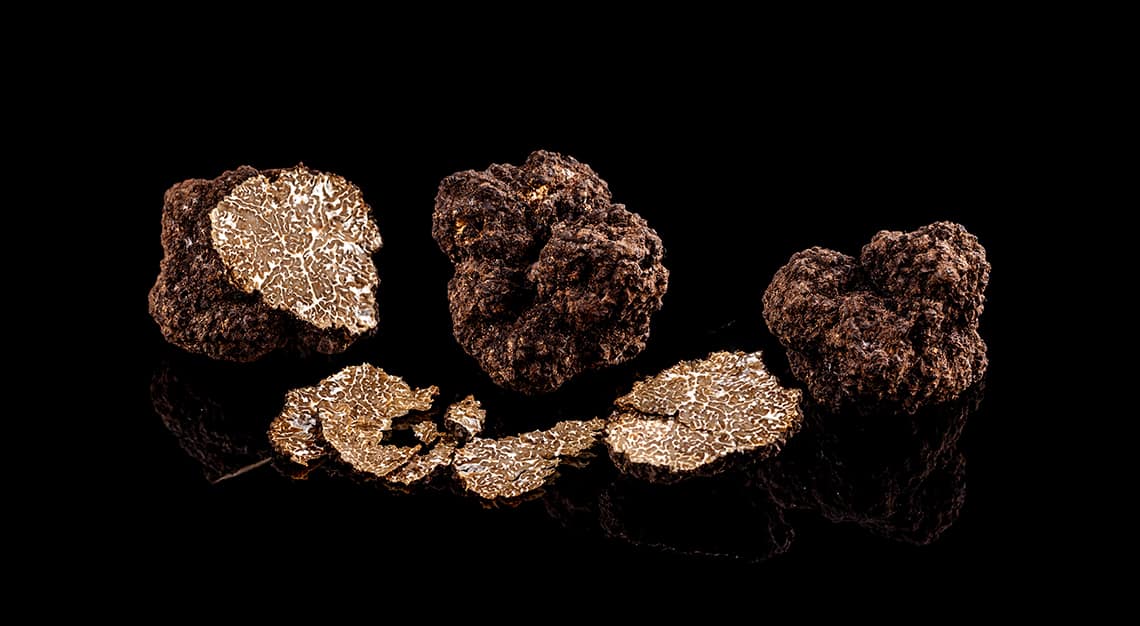Chemists and volcanologists team up for some groundbreaking research

Coffee nerds are getting some scientific validation today; chemist and volcanologists uncovered an ingenious way to make better coffee.
A new study has found that adding a little bit of water to coffee beans before grinding them is a smarter way to brew your cup of joe, The Washington Post reported on Wednesday. The addition of moisture reduces static-electricity build-up, making for a cleaner process, and it also creates stronger, more consistent grounds.
“The idea you get some type of electrical buildup in coffee grounds is a pretty old observation. If you’ve never seen an industrial scale roastery, you can see coffee grounds flying up and sticking all over the place,” William Ristenpart, the founding director of the UC Davis Coffee Center, who was not involved in the study, told the Post. “What’s cool about this paper is it’s putting some hard science, some hard data, behind understanding the mechanism.”
The research, a collaboration between chemists and volcanologists at the University of Oregon, was published in the journal Matter. Those groups may seem like an unlikely pair for studying coffee, but they’re actually interested in the same core principle—how tiny particles gain electric charges via friction and fractures. And they realised that, fittingly, over a cup of joe.
Christopher Hendon, a coffee chemist at the University of Oregon and one of the study’s leaders, hosts regular coffee hours at his lab. The volcanologist Josh Méndez Harper would attend as a casual drinker, and one day he heard Hendon and other attendees talking about how electricity builds up during grinding. A lightbulb went off: It was similar to what he had been studying with volcanic ash. Méndez Harper, Hendon, and the rest of their team decided to take the technology used for studying volcanoes and MacGyver it to work for coffee.
What they found is that moisture changes the amount of charge on coffee grounds. Lighter roasts, which have more internal moisture, gain less static charge during grinding than darker roasts, which are drier. To neutralise the effect, the scientists found that simply squirting a bit of water on the beans works just fine.
“If you’re going to be grinding whole-bean coffee, adding a small amount of water to those whole beans before you grind them will result in the coffee being more accessible when you brew it,” Hendon told The Washington Post. Essentially, “you get more coffee out of your coffee.”
Plus, the less static you have, the fewer clumps you get, as well. So when you’re brewing, the water can get to all of the coffee grounds equally, and your cup of joe is about 10 percent more concentrated than it otherwise would be.
More coffee and more flavour? What coffee aficionado could argue with that?
This story was first published on Robb Report USA






